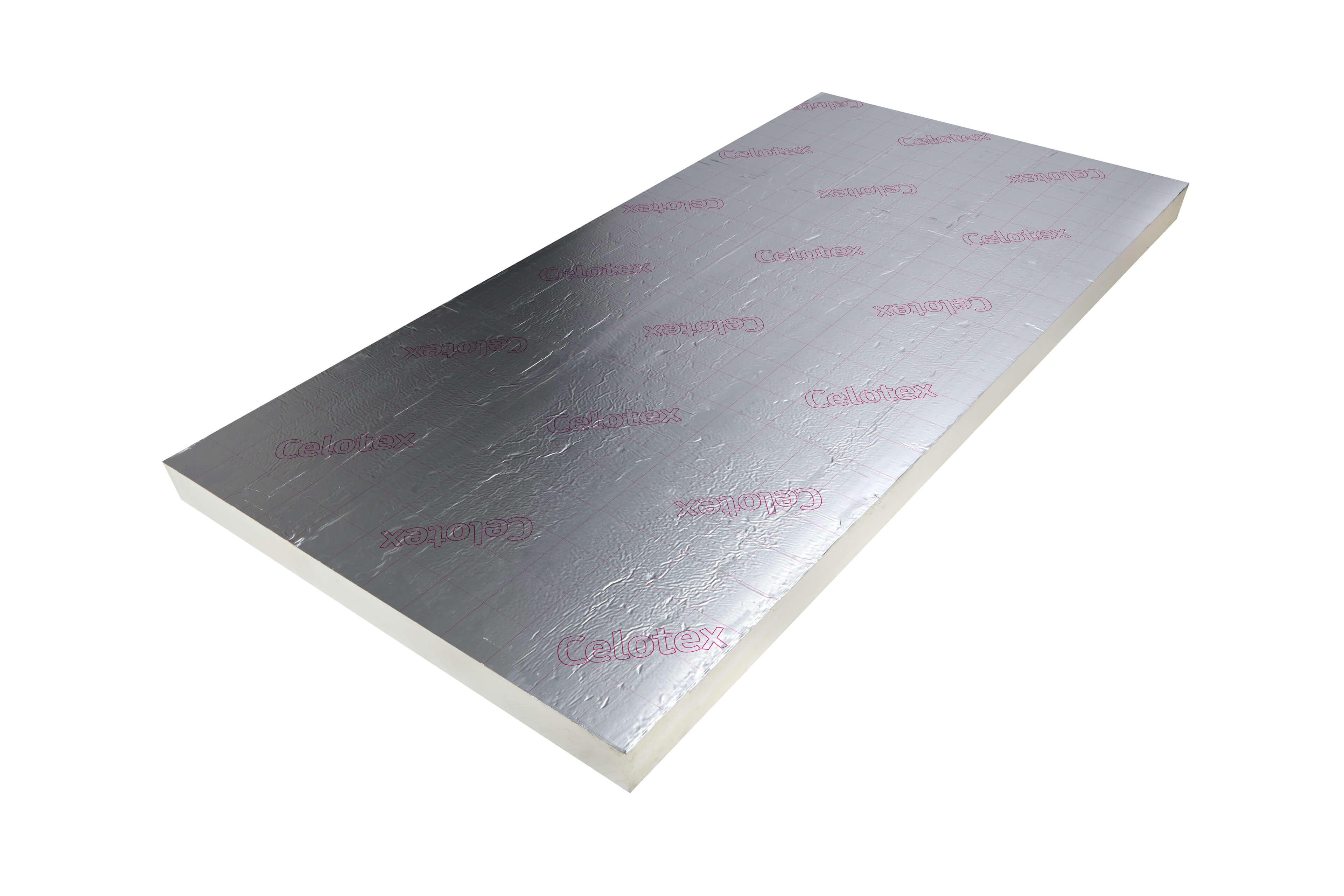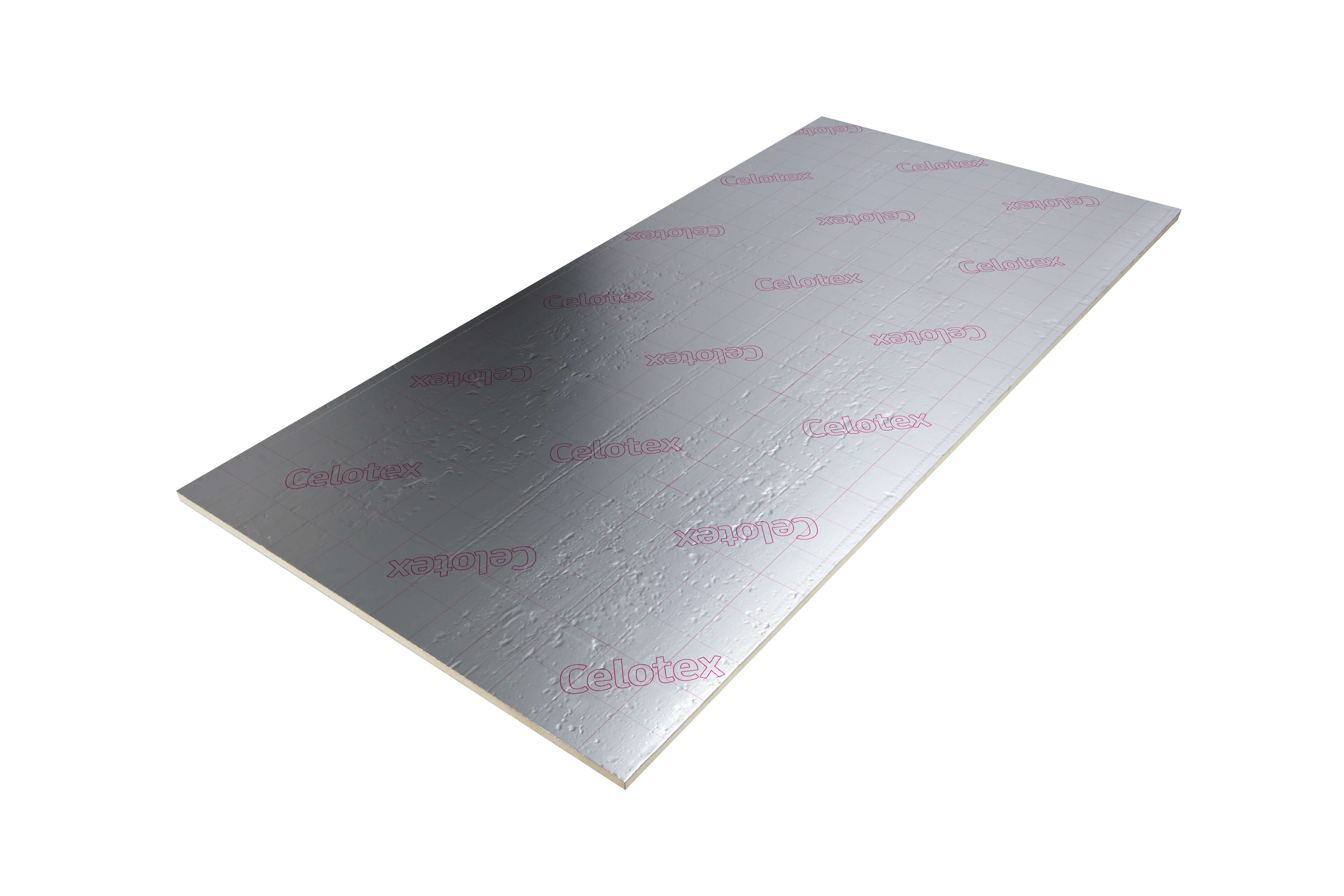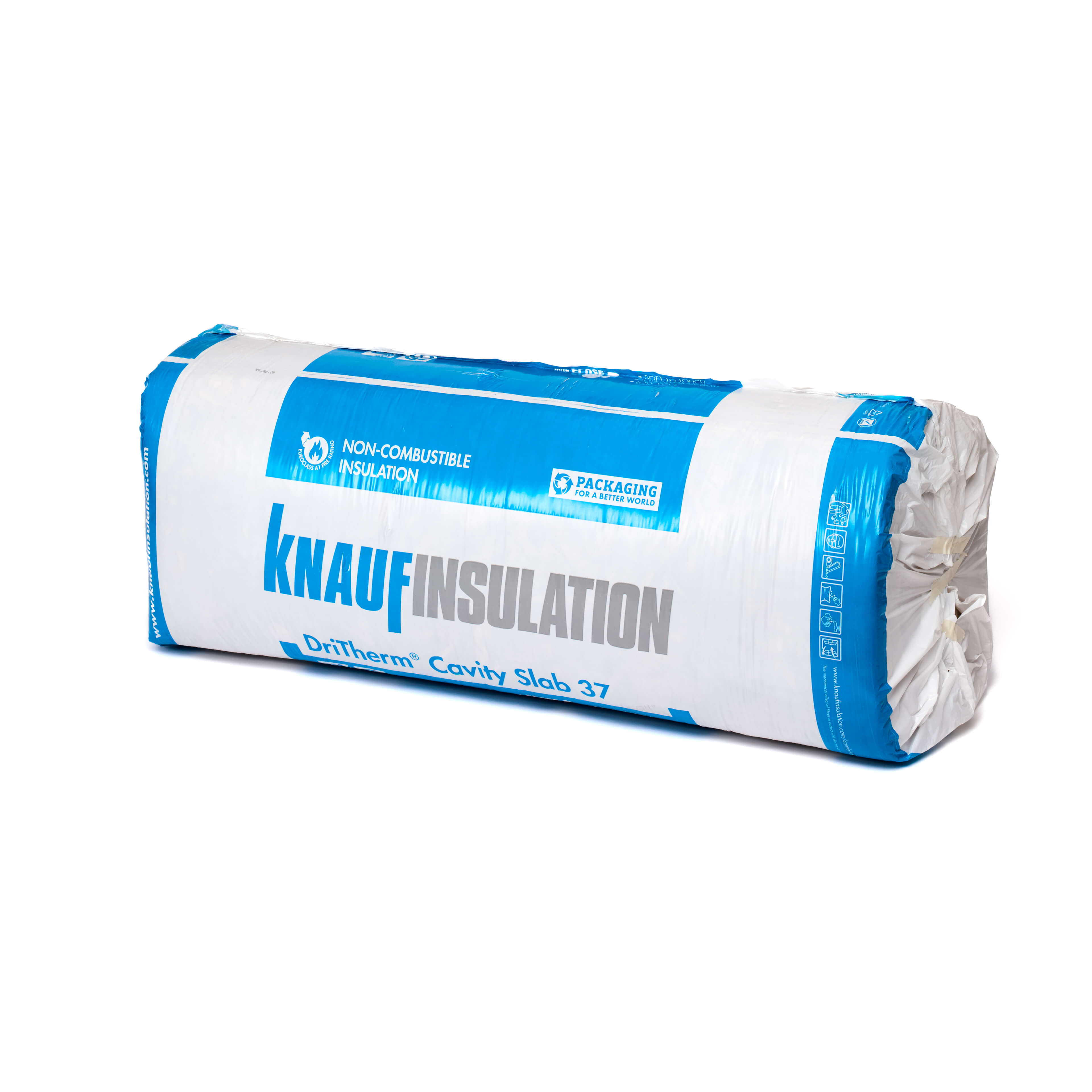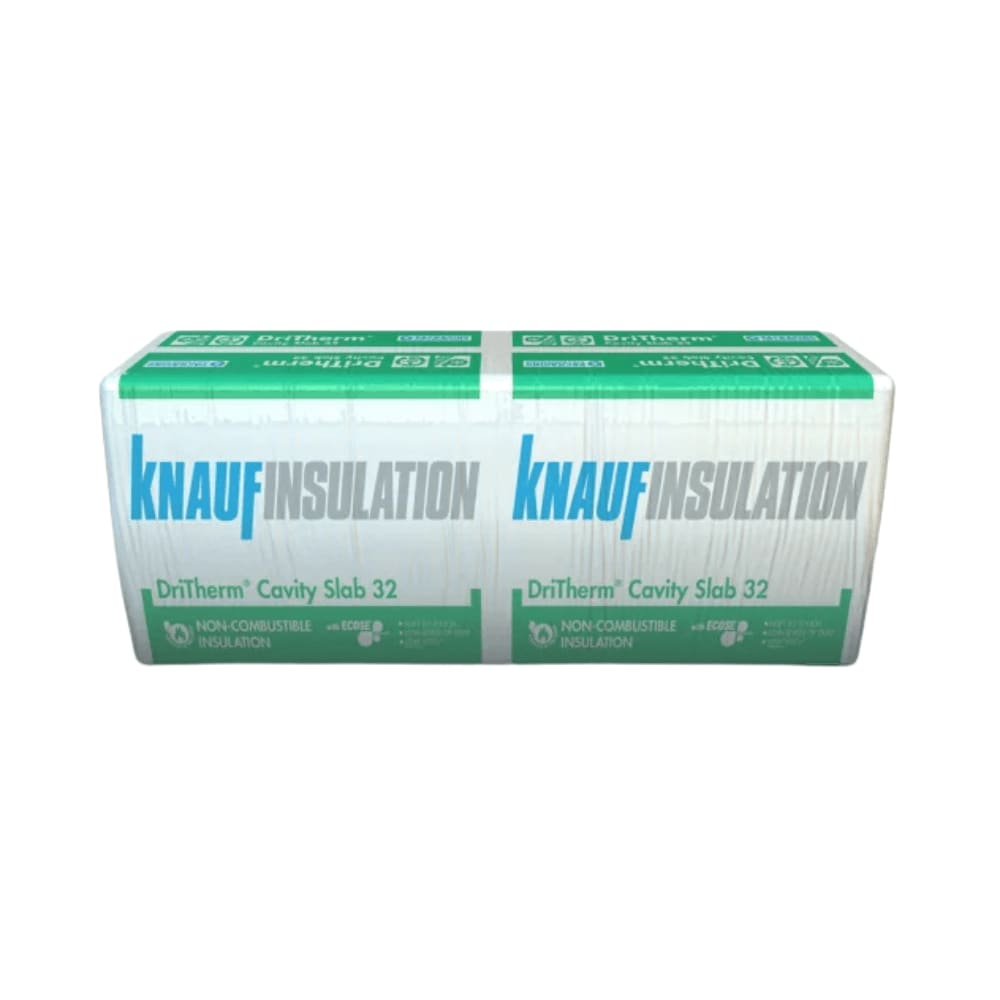Thermal Insulation
(85 Products)Thermal insulation refers to any material specifically designed and installed to resist this natural flow of heat. These materials are chosen because they are very poor conductors of heat. Instead of letting heat pass through them easily, they create a barrier.
What is Thermal Insulation?
Thermal insulation works by interrupting heat’s natural path from warm to cold. That might be a layer of mineral wool in the roof or foam boards under a concrete slab - different forms, same purpose.
Most of us have experienced how insulation works in everyday life, even if we didn’t think of it that way. Wrap a scarf around your neck, use a picnic cooler to keep drinks cold, or put your hand inside an oven mitt. In every case, a simple layer stands between two temperatures, keeping heat from racing across. That principle underpins all building insulation.
How Does It Work?
Heat is always on the move. In buildings, it travels in three main ways: through solid surfaces, through air, and as invisible energy waves. Insulation is designed to push back against all three.
Conduction
Heat moves through a solid in much the same way it creeps along the handle of a cast-iron skillet. Put a layer of mineral wool or rigid foam in its path, and that chain reaction slows to a crawl.
The tangled structure of these materials simply gives warmth nowhere quick to go, so it lingers inside the room instead of leaking through the fabric.
Convection
This involves heat carried by moving air. Insulation made from fibrous or cellular materials traps still air within its structure.
Since air that isn’t moving transfers very little heat, those trapped pockets help block heat carried by air movement.
Radiation
Radiant heat moves as energy waves, like the warmth you feel from sunlight. Certain insulation products include shiny or foil-faced layers designed to reflect this type of heat, either bouncing it away in summer or back inside during colder months.
Why Thermal Insulation Matters
- Lower Energy Bills: When a building holds onto its heat in winter (and keeps it out in summer), you don’t need to rely as heavily on heating or air conditioning. That means systems run less often, energy use drops, and the savings start to show up in your monthly bills.
- Consistent Indoor Temperatures: Insulation eliminates those annoying cold patches near windows or walls. Rooms stay more stable throughout the day, without sudden swings or draughts, which makes for a more comfortable living or working environment.
- Reduced Environmental Impact: In buildings that rely on gas or oil, cutting heat loss means fewer emissions. Even electric systems benefit, especially when the power grid isn’t fully green. Insulation is a simple, lasting way to shrink your carbon footprint.
- Protects the Building Itself: Insulation helps keep moisture under control. When interior surfaces stay warmer, condensation is less likely to form. That means less chance of mould growth and damp.
Types of Thermal Insulation
Blanket Insulation (Rolls and Batts)
This is one of the most widely used forms of insulation, especially in residential builds. It typically comes in long rolls or rectangular slabs and is made from materials like glass wool, rock wool, or in some cases, natural sheep’s wool.
The sizes are designed to fit between standard roof joists, wall studs, or floor timbers, making it a straightforward choice for lofts and wall cavities.
It’s flexible, easy to cut, and well-suited to both new builds and retrofits. It works by trapping still air between its fibres, which slows down heat loss. You’ll most often see it in lofts, timber-frame walls, and pitched roofs.
Rigid Insulation Boards
Foam boards (usually made from PIR, EPS, or XPS) are ideal when space is tight, as they offer strong thermal resistance relative to thickness.
These are used under concrete slabs, in flat roofs, and in external wall systems. The closed-cell structure and gas-filled composition help block heat flow effectively. They’re lightweight, easy to cut, and work well where a uniform finish is needed.
Structural Insulated Panels (SIPs)
SIPs combine insulation and structure in one panel, typically a foam core sandwiched between OSB or plywood.
They’re used in timber-frame construction to speed up the build process and cut down on thermal bridging. Because they're pre-fabricated, they slot together quickly and perform consistently.
Foil Insulation And Reflective Barriers
These work a bit differently. Instead of trapping heat, they reflect radiant energy away.
You’ll find them in attic spaces, behind cladding, or combined with other materials. They’re most effective when installed facing an open air gap.
Frequently Asked Thermal Insulation Questions
What Is Thermal Conductivity?
The term thermal conductivity refers to the degree to which a material conducts heat. It is measured in watts per meter-Kelvin (W/mK). The higher the thermal conductivity of a material, the worse it performs as an insulator.
PIR insulation has one of the lowest thermal conductivity values on the market. Each PIR board has a thermal value of 0.022 W/mK.
What Is the Best Thermal Insulation For Floors?
PIR insulation is one of the best thermal insulation choices for under laminate flooring. PIR boards are rigid, lightweight, and resistant to water. They also have high compressive strength, which means that they will not become misshapen or less effective over time.
As well as being an effective thermal insulator, PIR is also easy to cut to size with a simple utility knife - no complicated industry tools necessary.
What Is the Best Thermal Insulation For Walls?
Walls are one of a property's main heat-loss culprits with approximately 35% of heat escaping through uninsulated walls. It is for this reason that walls are usually the first places we target when insulating a property with the aim of improving its thermal resistance.
On top of comfort and temperature regulation, insulation can be used as a measure to reduce heating bills and CO2 emissions.
Whilst most insulation boards are good thermal insulators, the type of material you choose to insulate your walls will depend on a number of other factors.
For example, if acoustic insulation is your main concern when insulating internal walls, Rockwool RWA45 acoustic slabs. Whereas people who are after a reliable thermal solution for cavity wall insulation might choose PIR Insulation or Phenolic Insulation, for their excellent thermal properties.
How to Install Thermal Insulation?
There is no one size fits all answer to this question. The installation method depends on where you are going to install the insulation, and what form of insulation you are installing.
For those, looking to install Celotex, we have a handy guide on installation. Always consult a professional before undertaking the installation of the insulation yourself.








.jpg)









